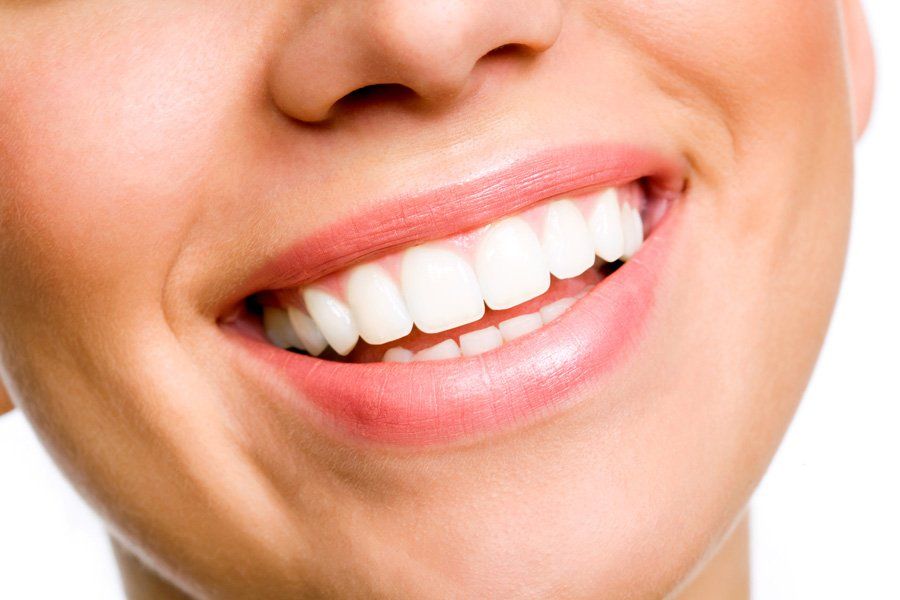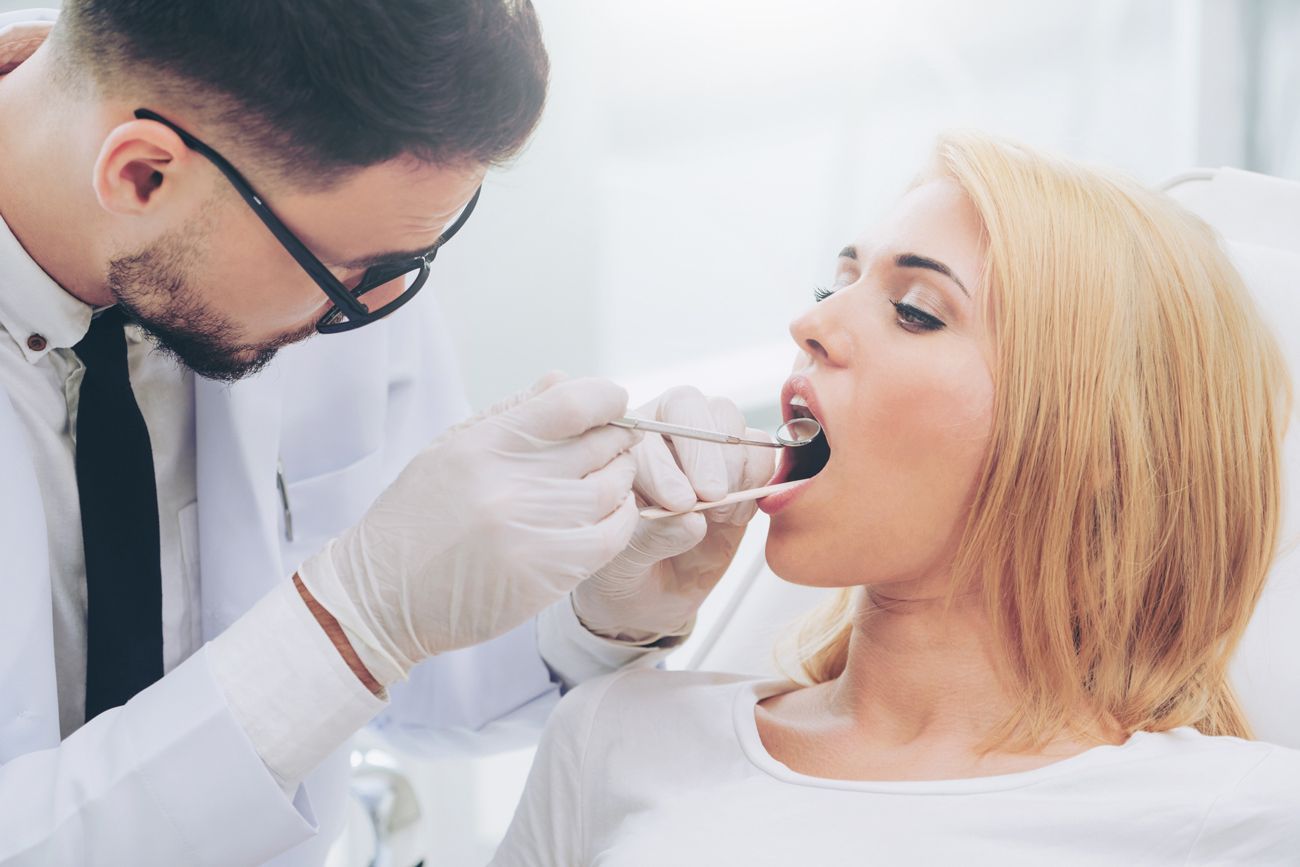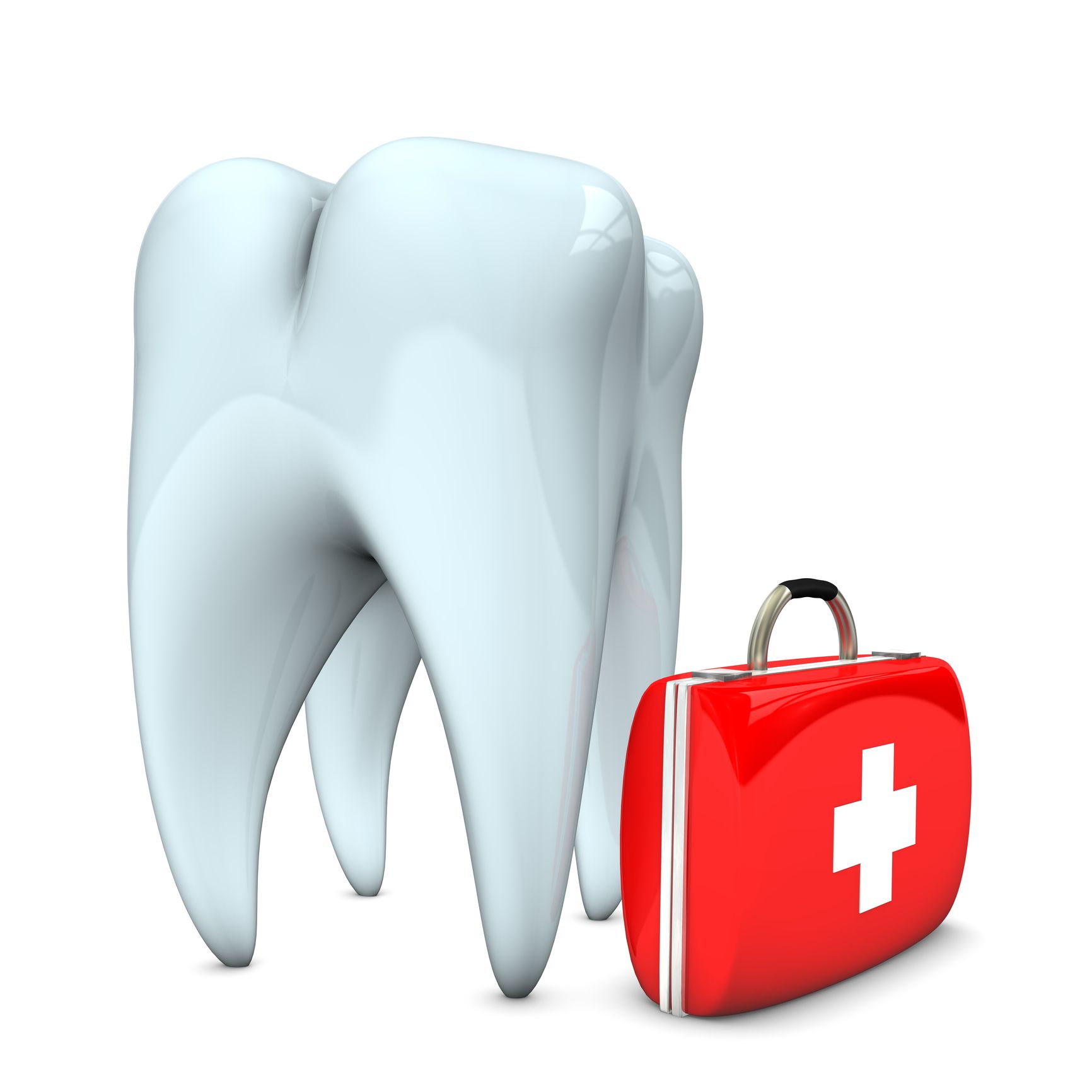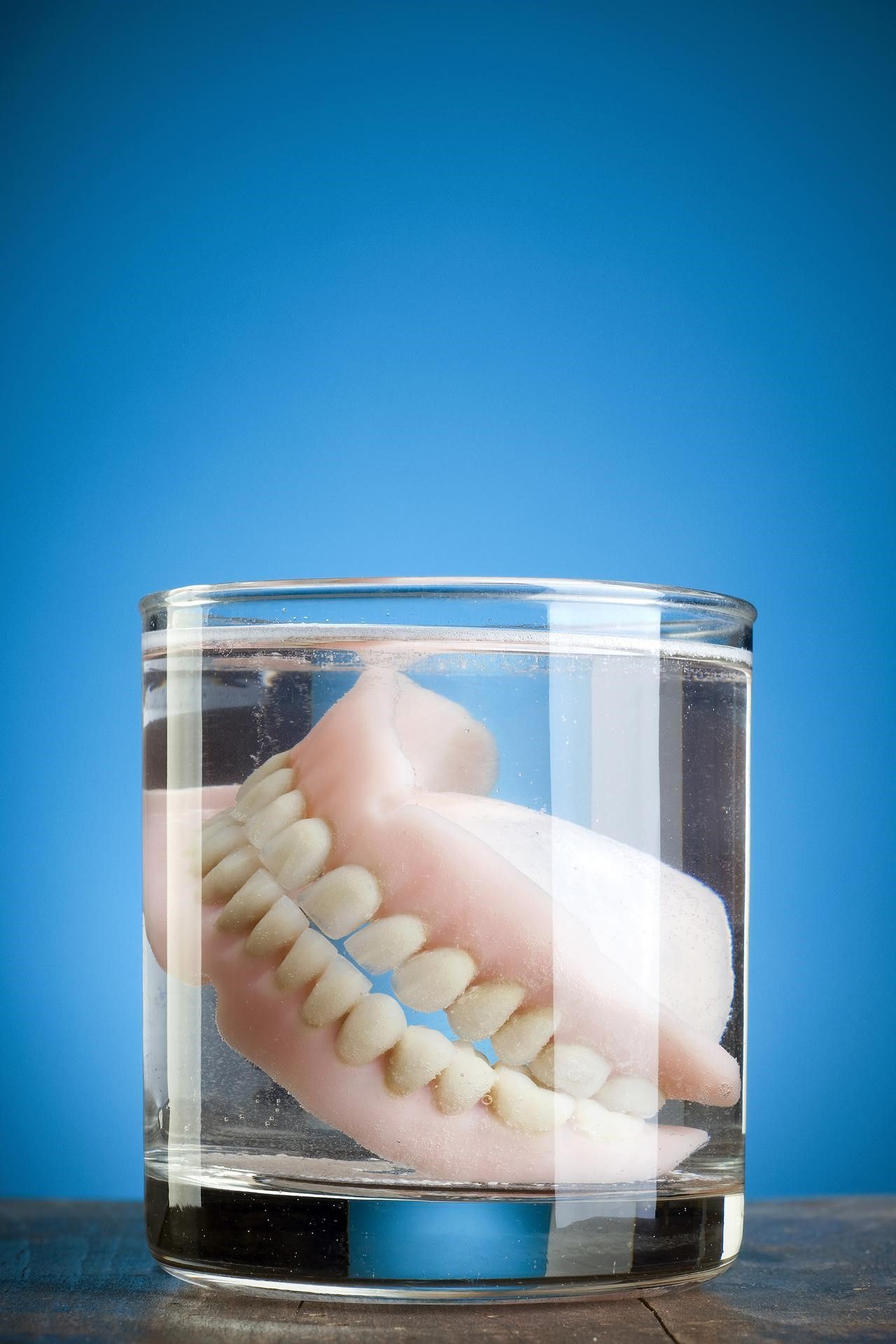Dry Mouth: Causes, Effects, and Treatments

The first line of defense against tooth decay, oral infections, and bad breath is saliva. Some people do not produce an adequate amount of saliva, which causes discomforts like cotton mouth and a sore throat as well as other complications. Learn about the causes of dry mouth and how to increase moisture to improve your dry mouth symptoms.
Causes
Dry mouth can occur as part of the aging process and is more common in adults over 40. Hormonal changes that occur during pregnancy and menopause sometimes trigger dry mouth in women. Even certain drugs and diseases interfere with the ability to make saliva. Lifestyle choices can also cause symptoms of dry mouth.
Medications
Dry mouth is a side effect of many over-the-counter and prescription drugs, including some that treat high blood pressure, depression, nasal congestion, and anxiety. According to the University of Pittsburgh, about one third of the most commonly prescribed medications cause dry mouth.
Medical Conditions
People with head or neck cancers often experience dry mouth as a side effect of radiation treatment. Additionally, diabetes, HIV/AIDS, and Sjogren's syndrome (an autoimmune disease that attacks the salivary glands) cause dry mouth.
Habits
Alcohol, caffeine, and tobacco use can cause dry mouth or make it worse in people who already have dry mouth. You may also notice your mouth feels dry if you eat a lot of spicy or salty foods without drinking enough water. Snoring and breathing through your mouth also cause moisture to evaporate from the oral cavity, leaving your tongue feeling thick or sticky and your throat scratchy.
Effects on Oral Health
Saliva rinses the oral cavity and bathes teeth in a pH-balanced solution to promote a healthy environment in the mouth. Without this pH-balanced solution, you experience negative effects on teeth and soft tissues like gums and the tongue.
Cavities
Bacteria break down sugars in your mouth and produce acid as a byproduct. And without enough saliva in your mouth, food particles and acids stick to teeth, giving the bacteria more food. The acids wear down the protective enamel covering teeth, which allows cavities to form.
Limit sweet and starchy foods to help reduce the amount of acid produced in the mouth, and be sure to brush or rinse after meals and snacks
Soft Tissues
Saliva defends against harmful bacteria that enter the mouth. Too little saliva allows these germs to spread and cause infection in the gums, which causes them to become inflamed.
Saliva also helps the tongue and soft palate manipulate food to swallow and begin the digestive process. Without enough saliva, it can be hard to swallow and speak properly because your tongue and throat are dry.
Treatments
You can treat dry mouth with a combination of tactics to avoid drying factors. You should always stay hydrated, stimulate saliva flow, and add moisture as needed.
Short-Term Relief
Dry mouth caused by diet or habits can be alleviated by making lifestyle changes. Drink plenty of water throughout the day to keep up the moisture level in your mouth. Avoid spicy-hot foods, overly salty foods, smoking, and alcoholic drinks, as they make dry mouth worse. Chewing gum and mints sweetened with xylitol instead of sugar stimulates saliva production.
Long-Term Solutions
Dry mouth caused by chronic diseases or medications may need additional help. Your dentist can prescribe artificial saliva products such as sprays, gels, or rinses to add moisture to your mouth before you go to bed. Add water vapor to the air with a humidifier, which can help your oral cavity retain moisture.
If you have dry mouth symptoms such as a sore throat, a rough or sticky tongue, and difficulty swallowing or speaking, contact us at Eastland Dental Center & Professional Dental Care to find out how we can help.









